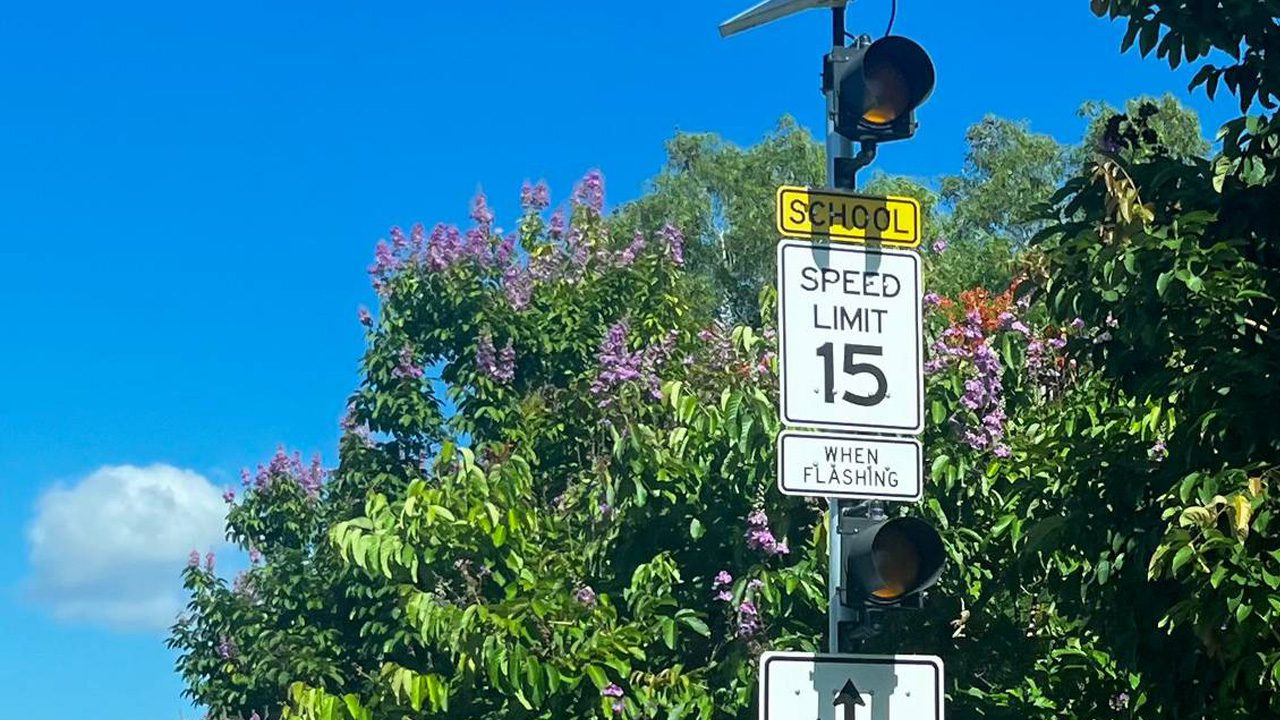
When speed cameras come to Miami-Dade schools, county expects tickets to fly
Miami Herald | By Douglas Hank | January 8, 2024
When speed cameras come to Miami-Dade County schools, the $100 automated citations will likely be racing to residents’ mailboxes every day.
County administrators haven’t released forecasts on how many tickets they expect the cameras to generate now that the devices are legal in Florida. But in a deal that won preliminary approval on Monday, Miami-Dade predicted RedSpeed, a national camera operator out of Chicago, will collect nearly $12 million a year from a roughly $20 payout per ticket once the agreement goes into effect sometime later this year.
The math behind those revenue figures shows the RedSpeed cameras are forecast to generate about 600,000 citations each year in Miami-Dade. The cameras are now legal in Florida under a 2023 law that allows the devices but limits tickets to drivers going at least 11 mph over the posted school-zone limit.
Last year, Miami-Dade police issued fewer than 3,500 school-zone tickets by hand, according to a county spokesperson.
For now, the forecasts for Miami-Dade citations issued by cameras are just rough estimates based on the experience of a Georgia city with fewer residents than any of Miami-Dade’s 13 commission districts.
In 2019, RedSpeed outbid competitors to win the school-zone camera contract in Alpharetta, Ga. To accelerate installation of the cameras, Miami-Dade is using that deal as a model to bypass the regular bidding system and award RedSpeed a local deal. RedSpeed would install the cameras in 206 schools in Miami-Dade located outside city limits.
The administration of Mayor Daniella Levine Cava said it used the citation pace in Alpharetta to estimate how much revenue both the county and RedSpeed would collect from school-zone citations once the cameras go live in Miami-Dade.
While the administration didn’t detail its math in the Monday memo forecasting a $71 million payout to RedSpeed over six years, a Miami Herald analysis shows the Alpharetta cameras generated about 16 citations per school day last year from the seven school zones in that city of 66,000 people.
Both Florida and Georgia school systems have classes 180 days a year. At 16 citations a day, 206 school zones in Miami-Dade would generate about 590,000 citations a year.
“The safety of all families in Miami-Dade County is a priority and it’s our shared responsibility to make sure that our children are safe everywhere, not only at home or school, but also when in transit trying to get to class,” said Alex Alfonso, a spokesperson for Strategic Procurement Department, the Miami-Dade agency that negotiates contracts.
Under the deal, the school-camera system has no cost to Miami-Dade government. RedSpeed pays for the cameras and operates them for a cut of the revenue generated.
Critics of the 2023 state law allowing the school-zone cameras in Florida see its main purpose as generating revenue for camera operators at the expense of motorists, with blanket enforcement by machine.
“To me, it’s obviously just a money grab,” said Mark Gold, founder and chief executive of the Ticket Clinic, a Miami-based law firm with offices across Florida.
Florida law allows only financial penalties for camera-generated tickets, and does not permit the violation points that result in the loss of a driver license. Gold said the new system will mean minor punishments for motorists but big revenue for camera operators and local governments, similar to Florida’s red-light camera program.
“If this is supposed to be a deterrent, then you need to give the person points,” Gold said.
The memo from Levine Cava estimated Miami-Dade would collect about $144 million over the six-year deal and RedSpeed would collect $71 million. As the operator of the cameras, RedSpeed would collect between 30% and 33% of the money Miami-Dade retains from the camera fines after paying out revenue to the local school system and Florida, as required by the state law.
The RedSpeed agreement advanced through the Miami-Dade County Commission’s Policy committee on Monday morning without discussion. Commissioner Raquel Regalado cast the only No vote.
In addition to its share of speed-camera violation revenue, the detailed agreement with RedSpeed released Monday afternoon by Strategic Procurement also awards RedSpeed 2% per paid violation generated by an “optional” add-on using RedSpeed license-plate readers. Alfonso, the Strategic Procurement spokesperson, did not have details on that provision of the agreement.
Anthony Rodriguez, the Miami-Dade commission’s vice chair, sponsored the legislation allowing the adoption of the Alpharetta contract. He said he’s not interested in how many tickets the deal will produce as long as the agreement improves the safety of school children.
“Once people’s behavior is modified, hopefully [there will be] no tickets because that would mean no one is speeding and endangering kids’ lives,” he said in a text message.
In Alpharetta, police spokesperson Jakai Braithwaite said the camera citations generate complaints but that they’re also revealing how frequently drivers ignore school-zone safety rules.
“Some people are going way too fast,” he said. “I truly believe in this stuff. Because I have a seven-year-old.”





